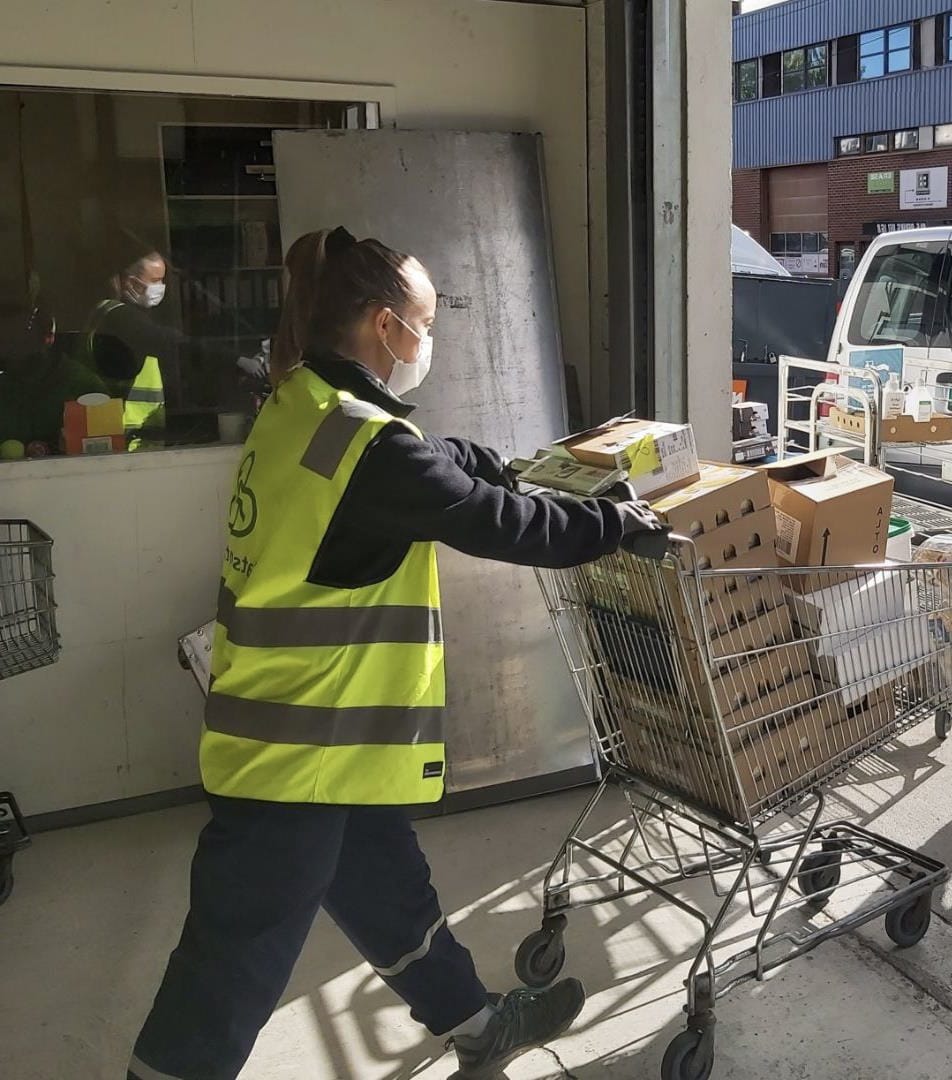
The Norwegian Food Banks are non-profit organizations that redistribute surplus food with the goal of alleviating poverty and reducing food waste. They function as an intermediary that collects surplus food from the food industry and makes it available to front line organizations that offer food assistance to people in need. The traditional model of Food Banks, as started in the US in the late 1960s, depended on food donations from either businesses or individuals. In the last few years, as levels of food waste started to go up globally, Food Banks around the world made their way into the food system as an actor that could safely rescue surplus food from going to waste, and responsibly redistribute this food among non-profit organizations helping people in need. Thus, food banks could now contribute to both poverty and food waste reduction.
This position in between food waste and need for food, gave the food banks a unique point of view in the midst of the recent Covid-19 pandemic, where both the food system and poverty were dramatically affected. In this report, Food Banks Norway offers a glimpse into the status of both food waste and poverty during the COVID-19 outbreak in Norway. The report is based on internal data on volumes of food redistributed and results from a survey sent to our partner organizations.